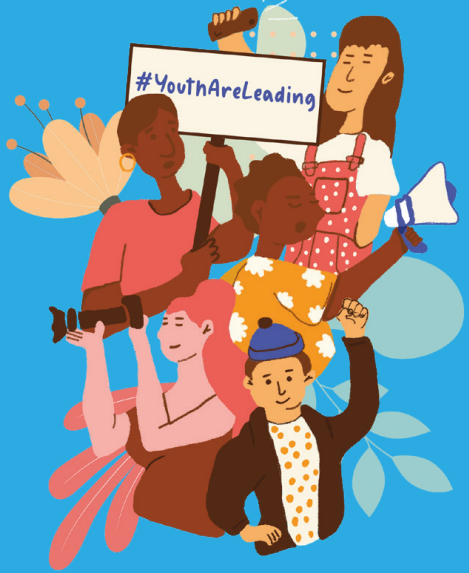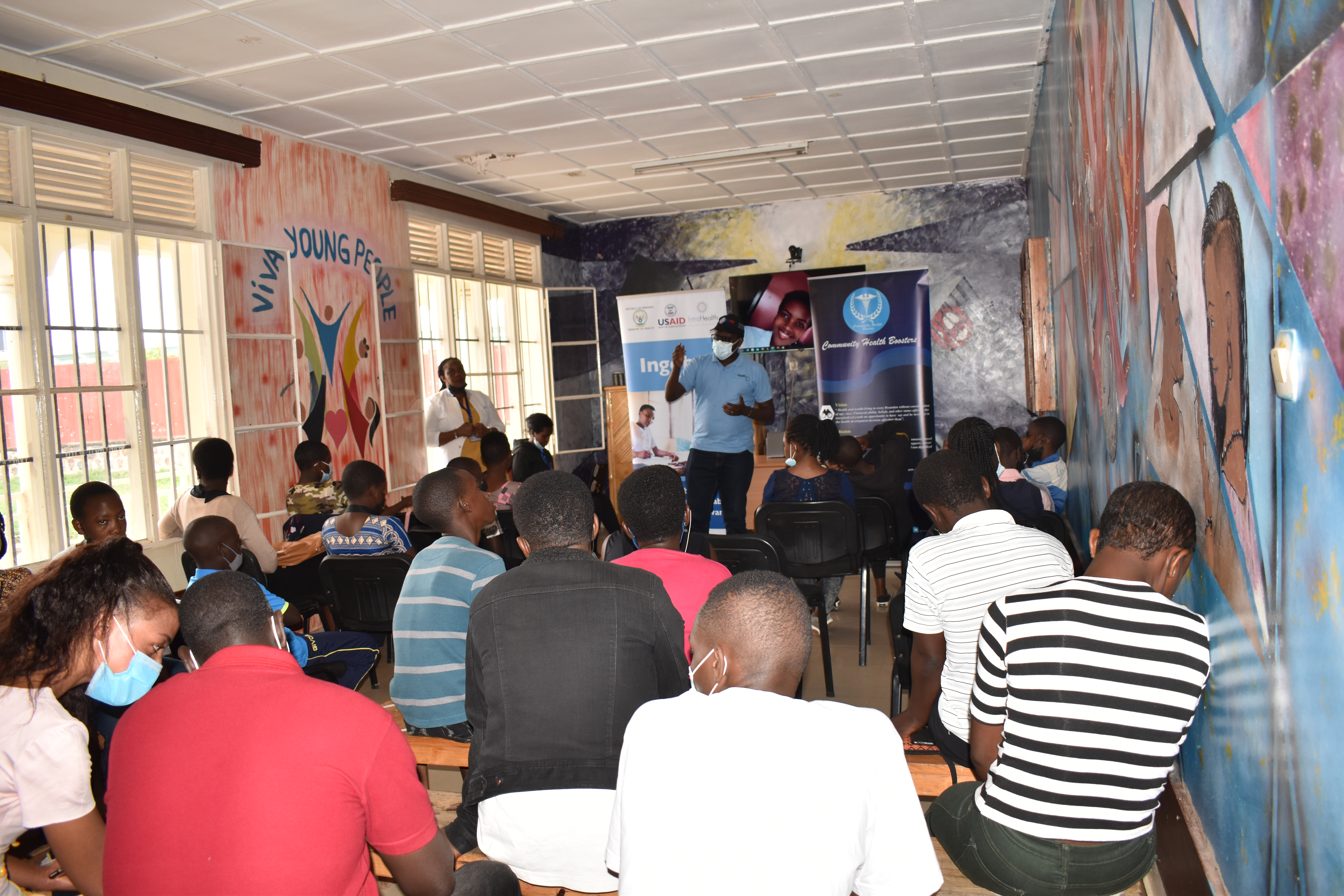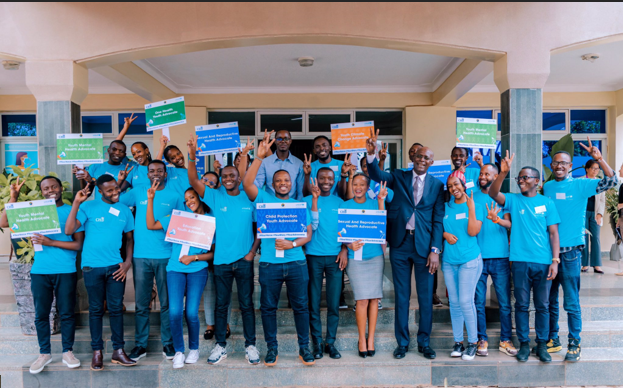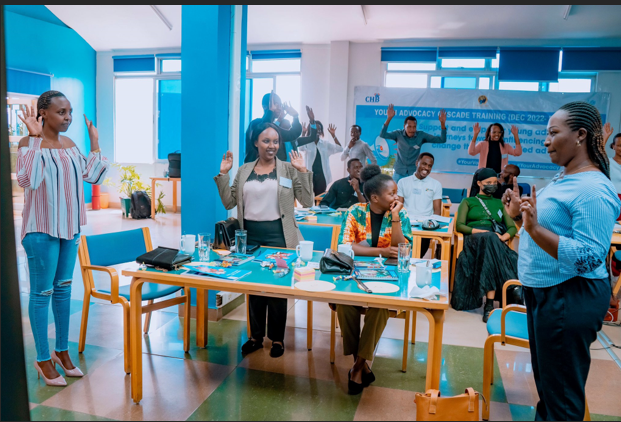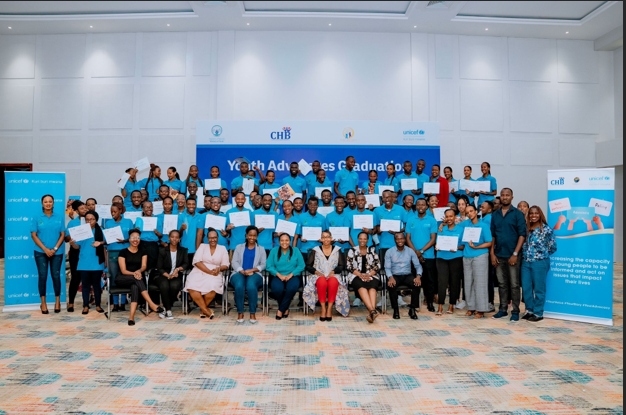“What a disappointing and sad reality! Despite my enthusiasm for advancing healthy nutrition from childhood, whenever I heard about malnutrition, my perceptions were always about the cause being poverty because in the rural community grew up in, the malnutrition was more common in poor families. After many years with this false perception, I came to learn about the reality during my first clinical placement in the hospital after joining the university where I received a severely malnourished child from a wealthier family, a thing that I have never imagined before. It was a very sad reality because nutrition is not only related to poverty and other social, economic and political issues but mainly to the level of awareness on healthy nutrition, be it among wealthier and non-wealthier families. This was not only a situation to me but to my colleagues, who also had the similar perceptions. Feeling indebted to the community due to this one in many situations, my colleagues and I decided to drive a change towards a healthier community through advancing nutrition. This way, we cofounded HEZA Initiative, a youth-led organization through which we serve the community mainly by striving to promote access to education and awareness on balanced diets, nutritious food, and sustainable agriculture.
Like other young people striving to transform their communities, we faced numerous challenges including finding like-minded peers to work with, knowing where to start on our journey, lacking skills to effectively communicate our cause and engage with stakeholders until I got a chance to participate in the youth advocates training. These Youth Advocacy Cascade trainings gathered young advocates with distinguished advocacy issues from across the country to increase their capacities to be better informed and act on issues that impact their lives through advocacy.
From the trainings, I gained the skills on essential advocacy strategies, public speaking, and effective communication techniques. This improved my ability to network, communicate, engage stakeholders, pitch the ideas, create compelling narratives and engage diverse audiences. Not only I have gained the skills, but my network was extended. As the participants, we got a chance to learn from one another and exchange ideas, share the experiences, connect and network and more so, to motivate each other.
Apart from the advocacy skills, networking and learning from one another, as the trained youth advocates, we saw the need to stay connected and amplify our work together. This way, we established the Youth Advocates Network (YAN), an official like-minded peer network that serve as a platform for young people to unify and amplify their voices to further the most meaningful cause. This network is composed of youth-led organizations, associations and individual advocates and has a day to day communication channels through which young people exchange ideas, share their works and opportunities, support and learn from one another. Honestly, the network has been transforming our work and it is fueling our advocacy work through supporting one another.
Also, the training equipped me with the confidence and expertise to approach decision-makers, media outlets, and community leaders. Amazingly, during the training, I had a chance to meet the UNICEF staff and pitched my organization’s upcoming activities including the “One Egg Per Child per Every Day” campaign and got the support to conduct this campaign under which 50 teen mothers were given the hens as a source of eggs to feed their children, and their children were fed with eggs on site. After successfully conducting the campaign, I used the gained skills to successfully organize the first ever World Nutrition Day 2023 event in Rwanda, and engaged distinguished stakeholders like UNICEF Rwanda, FAO, National Child Development Agency. During this event, 2500 eggs were fed to the children on site, 20 families were provided with 30 eggs each for feeding their children for one month. Currently, our Organization is partnering with All Good Venture to establish the Egg hub to help and empower teen mothers with entrepreneurship skills, provide them with the seed funding and hens, and advocate for needs of their children and theirs, given that they are more vulnerable and candidates to malnutrition”. Samuel, a Youth Advocacy Graduate.
